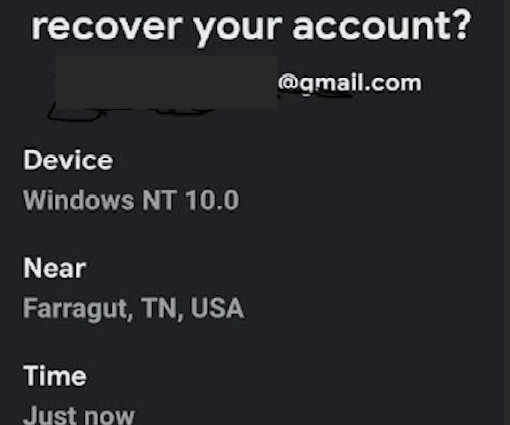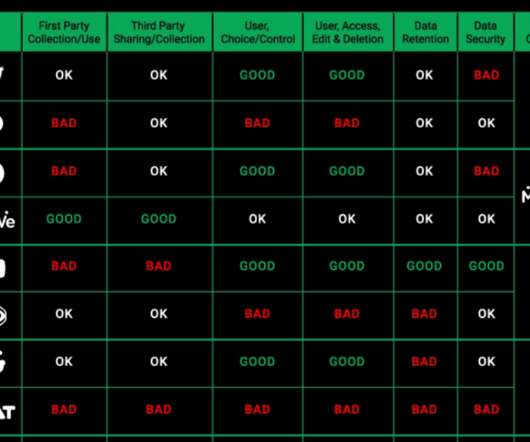UK National Cyber Security Centre Issues Distance Learning Guide For Families
Hot for Security
FEBRUARY 26, 2021
The latest guide addresses the use of second-hand devices, video conferencing tools and online account security. This may include passwords, browsing history, photos, documents and Wi-Fi codes. We’d encourage you to make a backup of any important information as soon as you can, and then reset the device.”













Let's personalize your content